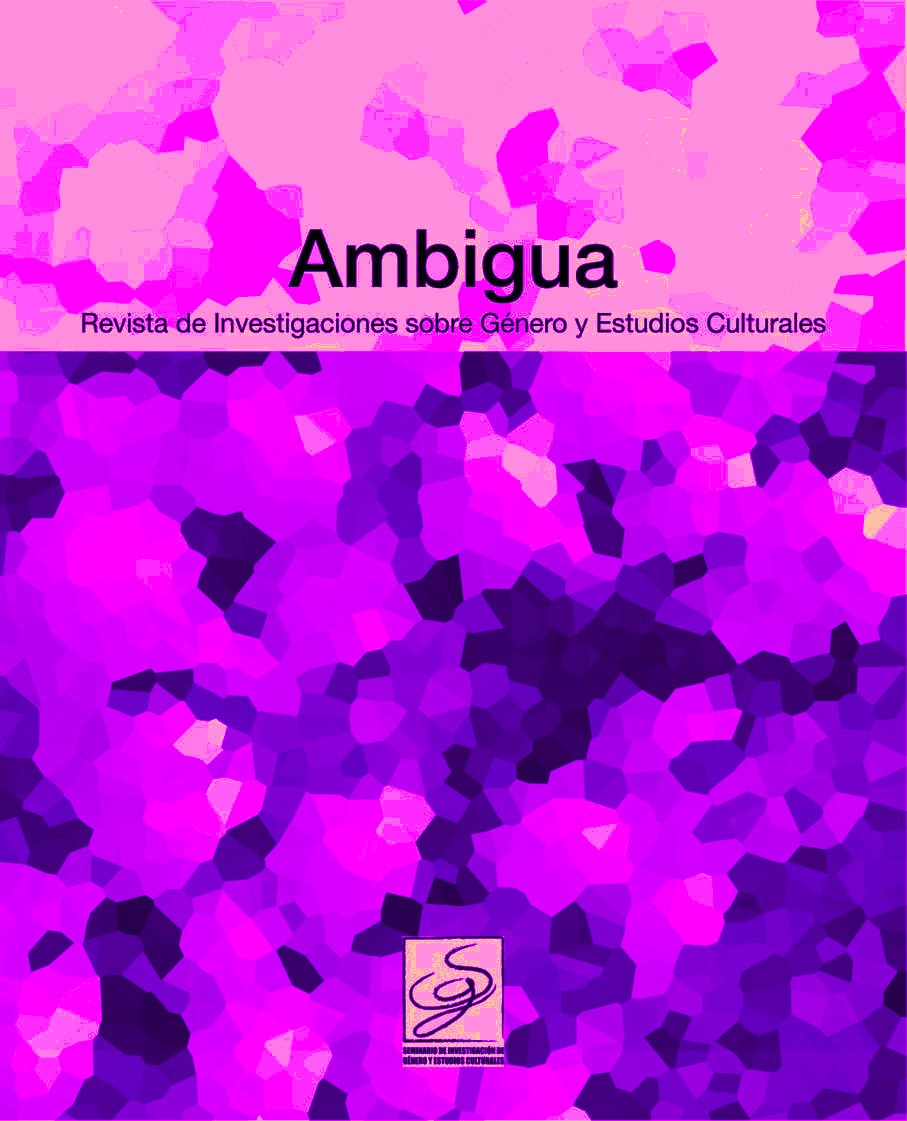Silenced voices: reclaiming the role of women in the teaching of classical texts.
DOI:
https://doi.org/10.46661/ambigua.10623Keywords:
philology, classical philology, gender perspective, history, literature, historiographyAbstract
In Ancient Greece, women played a very marginal role in Greek society. Their participation in public life was extremely limited, and their main roles were confined to the domestic sphere. Women were responsible for housework, raising children and managing the household economy, but they lacked significant political and legal rights. They could not vote, hold public office or participate in the political assemblies that made crucial decisions for the polis. Moreover, women were subject to male guardianship throughout their lives. First, under the authority of their father, then of their husband, and in case of widowhood, of a son or a male relative. This system of guardianship reinforced the perception that women were dependent on and needed to be controlled by men. Greek literature and philosophy also reflect this marginalisation. Philosophers such as Aristotle considered women inferior to men in terms of rational and moral capacity, thus justifying their exclusion from public life. Literary and mythological texts often portrayed women as secondary figures, whose value lay in their ability to bear children. In order to vindicate the role of Greek women, teachers can implement several strategies. The most important is to provide detailed historical information about the women of that time, as simply translating a text is not enough to understand their situation in their socio-cultural context. It is essential that students learn about the realities and challenges Greek women faced in order to fully appreciate their impact and contributions to history.
Downloads
References
AGUAYO HIDALGO, Fátima. "Traducir lo nuevo, traducir lo antiguo: ΜΕΘΕΡΜΗΝΕYΩ como método para el estudio de los textos clásicos", en Educación, Tecnología, Innovación y Transferencia de Conocimiento, editado por Eloy López Meneses y César Bernal Bravo, 991-999. Madrid: Dykinson, 2023.
CALVO MARTÍNEZ, José Luis. Lisias, Discursos I. Madrid: Editorial Gredos, 1988.
CARTLEDGE, Paul. "Spartan Wives: Liberation or Licence?" The Classical Quarterly, New Series, 31, no. 1 (1981): 84-105. https://doi.org/10.1017/S0009838800021091
DALTON PALOMO, Margarita. Mujeres, diosas y musas: tejedoras de la memoria. México: El Colegio de México, 1996.
FARRON, Steven. "The portrayal of women in the Iliad" Acta Classica 22 (1979): 15-31.
LORAUX, Nicole. Las experiencias de Tiresias (lo masculino y lo femenino en el mundo griego). Traducido por Cristina Serna y Jaume Pòrtulas. Barcelona: Acantilado, 2004.
LYONS, Deborah,"Dangerous Gifts: Ideologies of Marriage and Exchange in Ancient Greece." Classical Antiquity 22, no. 1 (2003): 93-134. https://doi.org/10.1525/ca.2003.22.1.93
MADRID, Mercedes. La misoginia en Grecia. Madrid: Cátedra, 1999.
MORALES ORTIZ, Alicia. "La maternidad y las madres en la tragedia griega", en La madre en la antigüedad. Literatura, sociedad y religión, editado por Esteban Antonio Calderón Dorda y Alicia Morales Ortiz, 129-167. Madrid: Signifer Libros, 2007.
O'NEAL, William J. "The Status of Women in Ancient Athens." International Social Science Review 68, no. 3 (1993): 115-121.
SEGAL, Charles. "Andromache's Anagnorisis: Formulaic Artistry in Iliad 22. 437-476." Harvard Studies in Classical Philology 75 (1971): 33-57. https://doi.org/10.2307/311213
WOLPERT, Andrew. "Lysias 1 and the Politics of the Oikos". The Classical Journal, 96, no. 4 (2001): 415-424.
Downloads
Published
How to Cite
Issue
Section
License
Copyright (c) 2024 Fátima Aguayo Hidalgo

This work is licensed under a Creative Commons Attribution-NonCommercial-ShareAlike 4.0 International License.
The authors agree with the following:
1. Authors retain copyright and grant the journal right of first publication with the work simultaneously licensed under a license Attribution-NonCommercial-ShareAlike 4.0 International (CC BY-NC-SA 4.0) that allows others to share the work with an acknowledgement of the work's authorship and initial publication in this journal.
2. Authors are able to enter into separate, additional contractual arrangements for the non-exclusive distribution of the journal's published version of the work (e.g., post it to an institutional repository or publish it in a book), with an acknowledgement of its initial publication in this journal.
3. Authors are permitted and encouraged to post their work online (e.g., in institutional repositories or on their website) prior to and during the submission process, as it can lead to productive exchanges, as well as earlier and greater citation of published work (See The Effect of Open Access).









